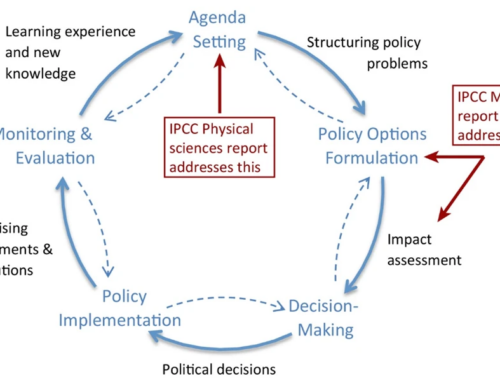The report Macroeconomic implications of basic income was conducted in collaboration with Cambridge Econometrics (and many discussions with Geoff Crocker).
It presents the results of a research project that investigated the macroeconomic implications of basic income schemes in the UK in order to better understand how basic income might operate at scale (i.e., in an economic system) whilst accounting for dynamic effects (i.e., feedbacks).
Whilst the concept of a basic income is not a new idea – first proposals for the idea appear at the end the end of the 18th century – public interest in the concept has steadily grown in recent years. This renewed interest has been stimulated by multiple factors, but is largely driven by concerns over rising inequalities, unknown futures (particularly in regard to the possibility for widespread technological employment), and the punitive nature of recent tax and welfare reforms.
However, there is a lack of research into how such schemes may effect entire economies: will there be negative outcomes on GDP? Will there be increased unemployment? Can basic income stabilise household incomes? How best could we fund it? These are all questions we aimed to answer.



